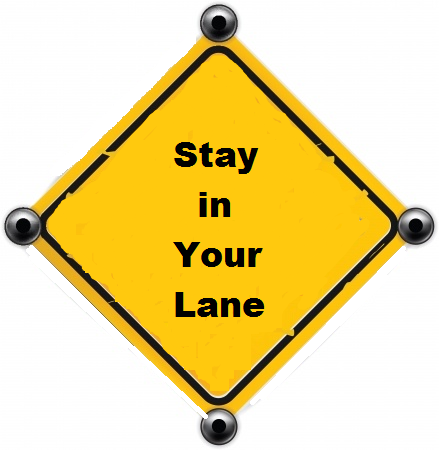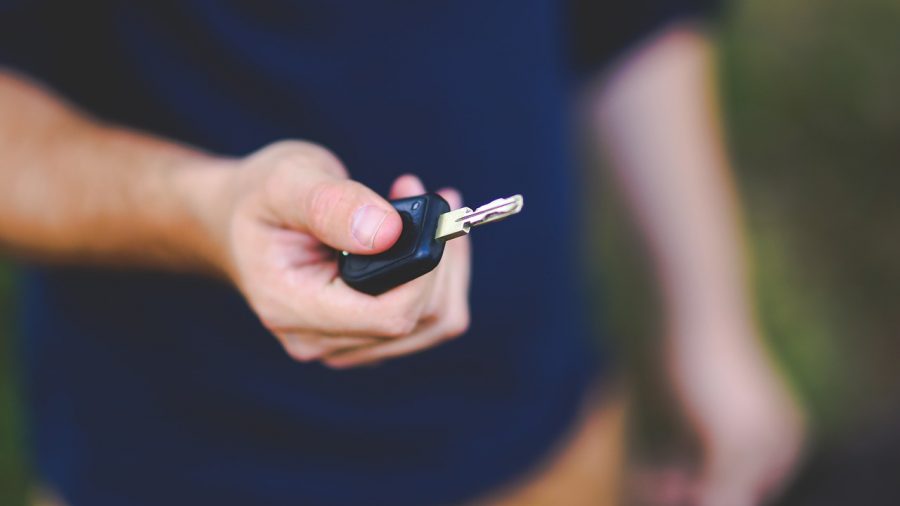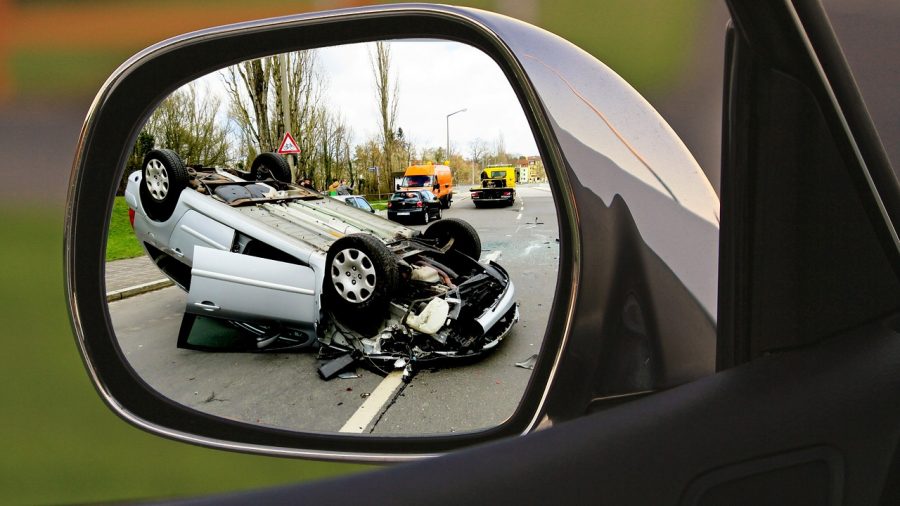While delayed response times, drowsiness, and general grogginess could sound like the end of a night out on the town, it could just as easily describe the symptoms for fatigue. When we aren’t well rested, our bodies and minds must bear the burden, which is similar to driving with alcohol in the blood.
As driving is an activity which requires us being alert and responsive, substances that could impair our judgement such as alcohol are restricted or prohibited, depending on a driver’s age and licence. However, research has come to suggest that a lack of sleep could have just as dramatic an effect on our ability to control a vehicle as alcohol.
Read More


